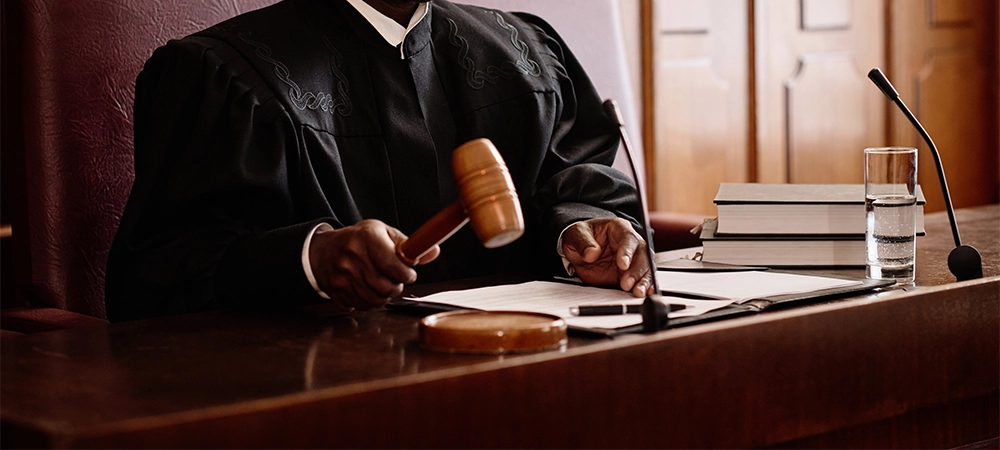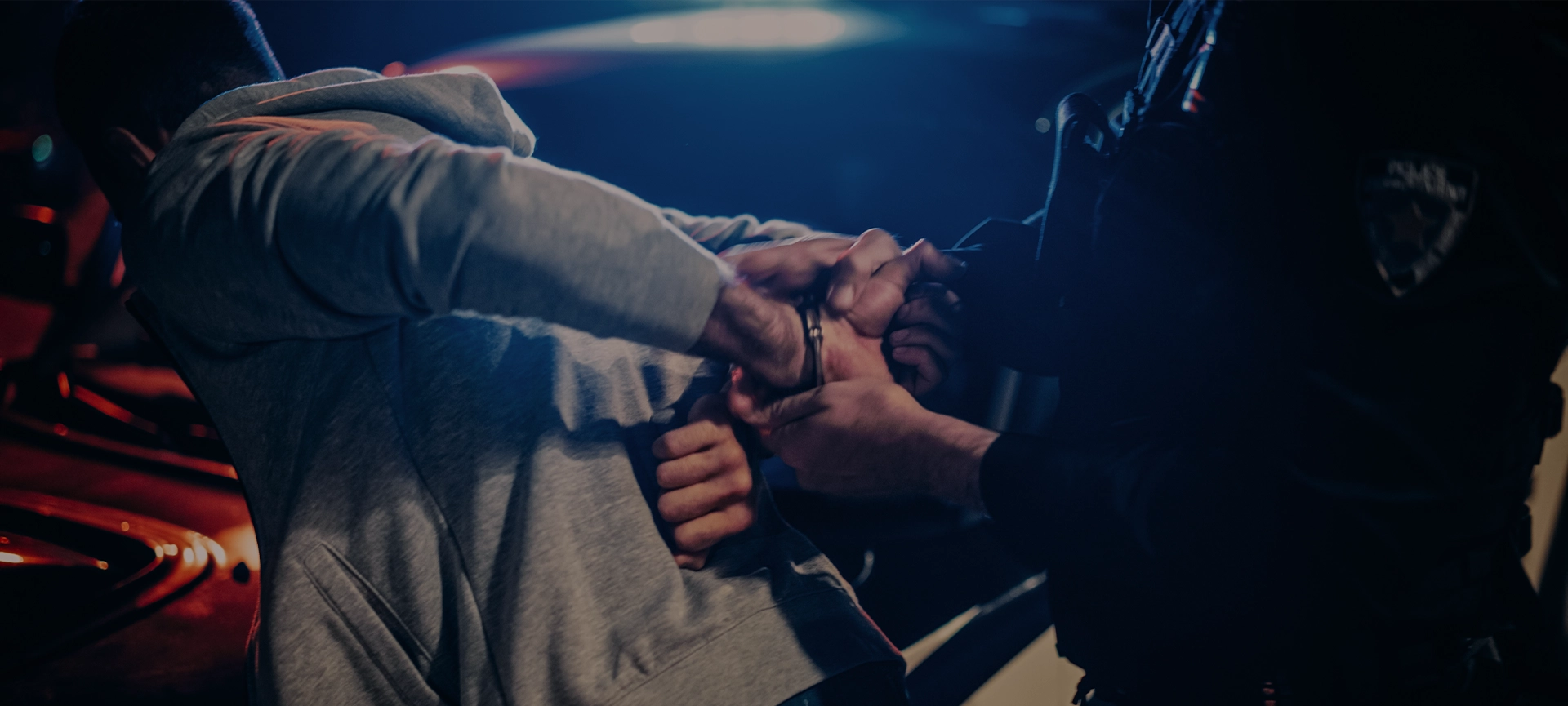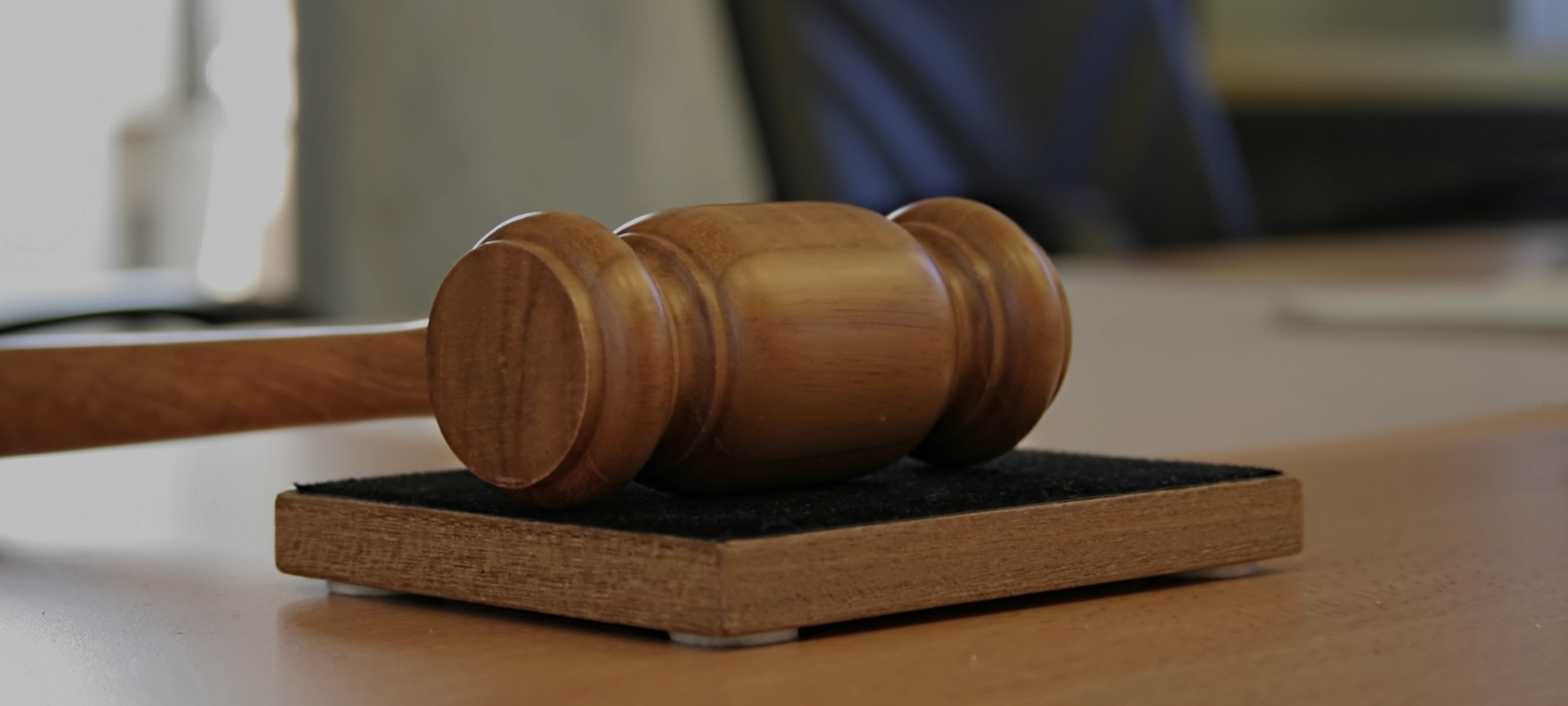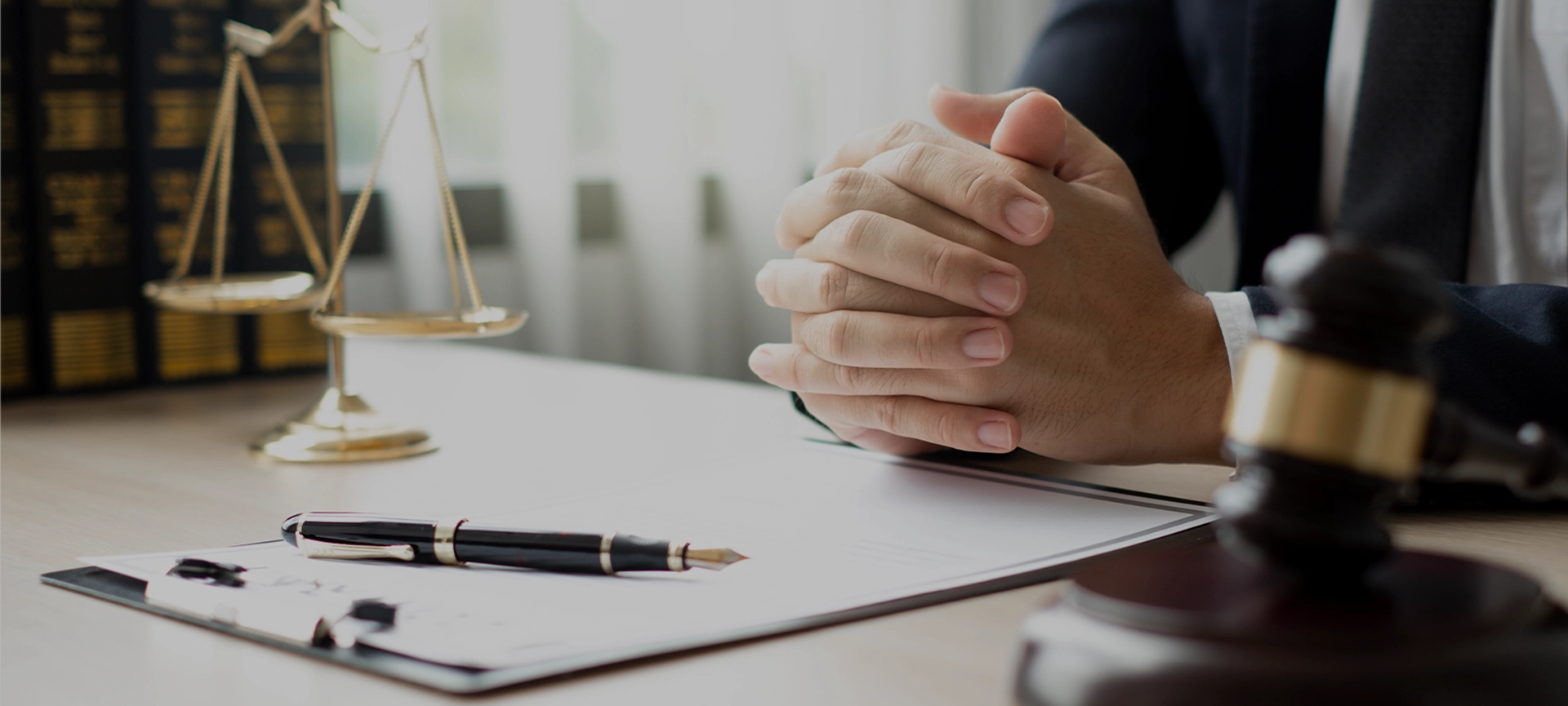Being arrested without a warrant can be frightening and overwhelming. There are also misconceptions about how you can be arrested and when a warrant is required. For those arrested without a warrant, it’s important to know your rights and what the next steps will be.
Here we’ll walk you through what to do if you’re arrested without a warrant. This includes a close look at your rights and what happens if they are violated. Let’s get started.
When Can You Be Arrested Without a Warrant?
There are several reasons why police can arrest you without a warrant. If one of these reasons applies, then it’s doubtful that the arrest was unlawful. Let’s check out what they are:
- You’re caught committing a criminal offence
- They have reasonable grounds to believe you have committed, or are about to commit, an indictable offence
- You were breaching the peace, or about to
- There is a warrant for your arrest in another jurisdiction.
- You fail to identify yourself when required by law.
These powers are meant to balance the rights of an individual while also protecting public safety. An arrest without a warrant still needs to meet strict legal standards, but it is commonly done.
Related Article: https://www.agpllp.ca/the-different-types-of-criminal-charges-in-ottawa/

Your Rights Upon Arrest
With or without a warrant, you are entitled to several legal protections.
The Right to Be Informed of the Reason for Your Arrest – The police have to tell you why you’re being arrested. This must be done clearly and promptly.
The Right to Remain Silent – Perhaps the most famous right. Not only do you have the right to remain silent, but you should remain silent until you have spoken with a lawyer. Anything you say can be used against you. The only obligation you have is to identify yourself when asked.
The Right to Retain and Instruct Counsel Without Delay – This essentially means you’re allowed a lawyer, and the police must stop questioning if you request one. If you don’t have one, you’ll be entitled to Legal Aid or Duty Counsel.
The Right to Habeas Corpus – You have the right to challenge the legality of your detention. If either the arrest or the detention is unlawful, you must be released.
Related Article: https://www.agpllp.ca/what-to-do-if-you-are-arrested-in-ottawa/
What to Do If You’re Arrested Without a Warrant
It’s important to understand your rights. However, it’s equally important to know how to act in the moment. If you feel your rights have been violated, there are good and bad times to challenge them. Here’s what to do:
Stay calm and respectful – It’s understandable to be angry and upset if you believe your arrest was unlawful. However, resisting can lead to additional charges.
Ask why you’re being arrested – It’s important to get clarity on your situation. The reason for your arrest should be immediately provided.
Remain silent – It’s always best not to say anything, even if the police are being genuinely friendly and respectful.
Request to speak with a lawyer – You don’t have to answer any questions until you’ve spoken to a lawyer, which you should request as soon as possible.
Take mental notes – Try to remember everything about your arrest and the sequence of events.
Don’t lie to the police – You may be tempted to make claims or defend yourself. Lying can lead to further legal trouble.
What Happens After the Arrest
If you’ve been arrested, then you’ll be wondering about the immediate steps that follow. The first is that you may be searched and detained. The search often is limited to a pat-down, but may be more thorough for serious offences.
Following this, you will be taken to a police station where you will likely be photographed and fingerprinted. Again, it’s important to say that at this stage, you are not required to give a statement or participate in any questioning.
If it’s a minor offence, you may be released with a promise to appear in court at a later date. For more serious offences, you will have a bail hearing. This is almost always within 24 hours of the arrest, but will be completed as soon as possible.
At the bail hearing, the court will decide whether you will be released until your trial or remain in custody. Alongside this, the court can also impose certain conditions if you are released, such as a house arrest or a no-contact order. These bail hearings are vitally important, and you’ll want an experienced bail hearing lawyer by your side.
Related Article: https://www.agpllp.ca/what-is-a-bail-hearing-and-how-long-does-it-take/

If You Believe Your Rights Were Violated
If you believe your rights were violated during an arrest, it’s important to speak with a criminal defence lawyer immediately. They will not only look at the legality of the arrest, but also at whether any evidence was obtained improperly and the conduct of the police.
If your lawyer identifies any potential breaches, they will file a Charter application. This is usually done before the trial and is a formal request to the judge. Here, your lawyer will detail what rights were breached, evidence of how they were breached, and what remedy is being sought.
The remedy is the way the court will make amends for the rights violation. This may be the exclusion of certain evidence, but for serious breaches, dismissal of the charges is possible. The judge may disagree that rights were violated, and the case will continue.
For potentially serious breaches, a full trial within the trial can be conducted. Any relevant witnesses can testify, evidence will be introduced, and cross-examinations will happen. The judge will then make their verdict, and the trial will either continue as it was, continue with evidence excluded, or end immediately.
Final Thoughts
Being arrested without a warrant doesn’t automatically mean the police acted unlawfully. There are several reasons you can be arrested without one, but mistakes can and have been made. If you feel your rights were violated, it’s vital to speak with your lawyer immediately.
They will walk you through the process and argue your case. If you’re in need of experienced legal advice, contact AGP LLP today. We’ll be happy to offer you a free consultation, see if your rights were breached, and advocate on your behalf.





